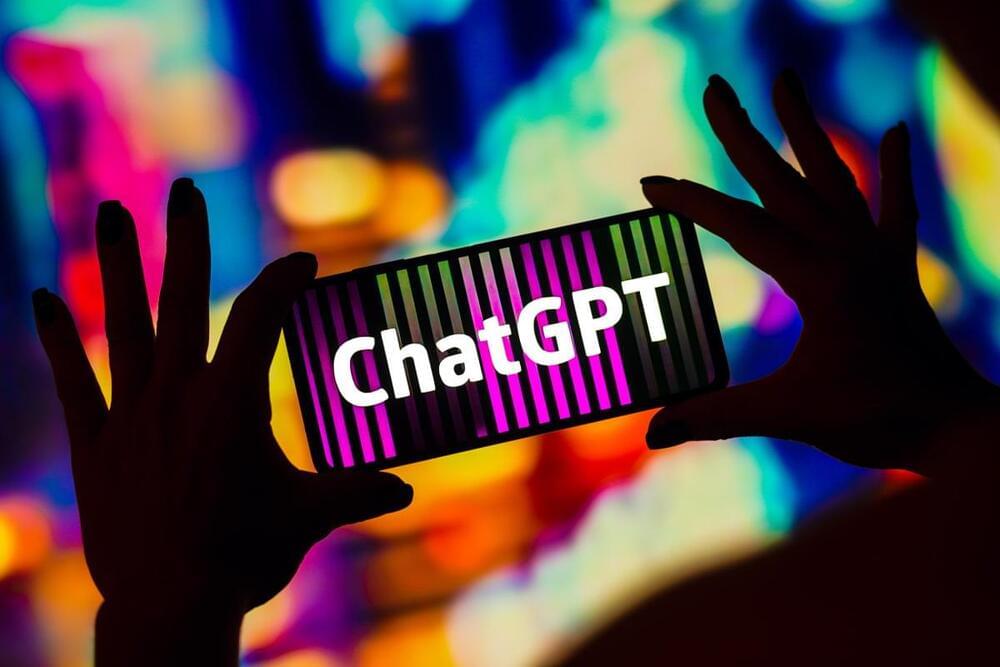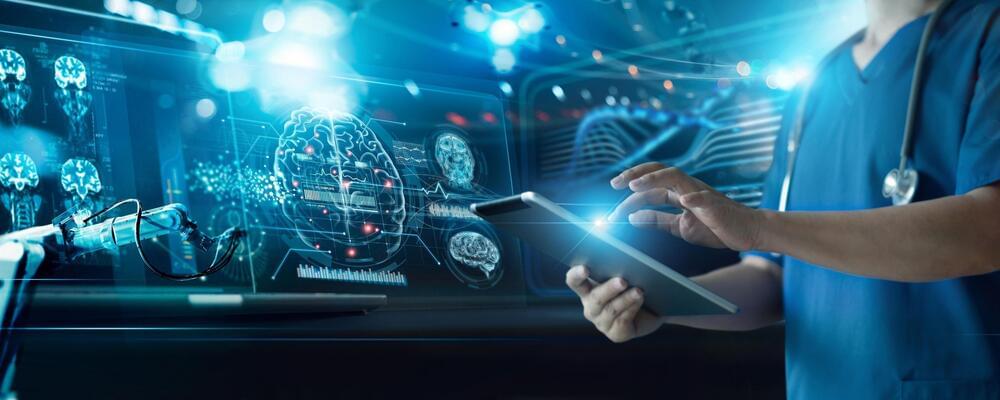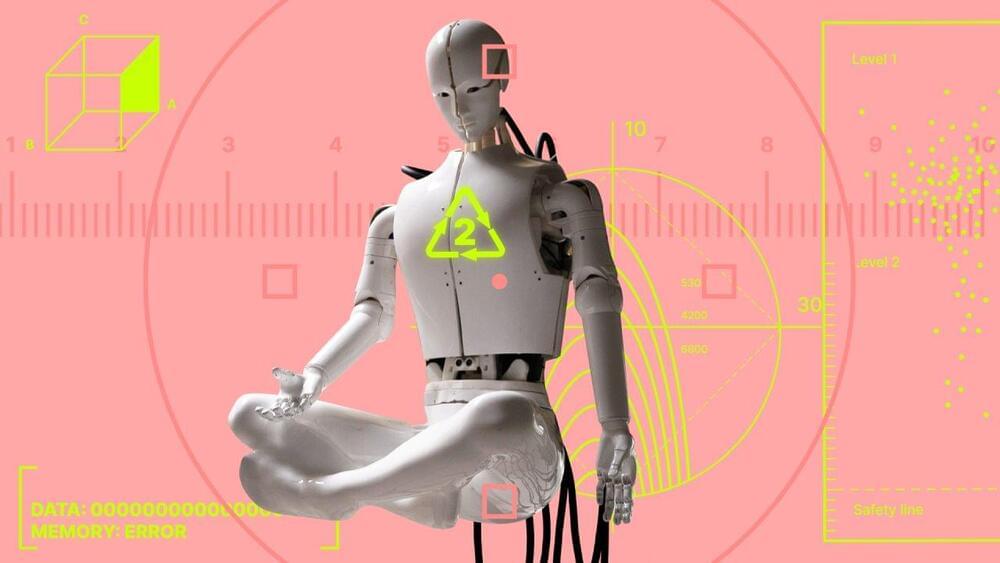May 27, 2023
What can stop the AI apocalypse? — Grammar. Yes, only grammar
Posted by Kelvin Dafiaghor in categories: law, robotics/AI
As my friends Tristan Harris and Aza Raskin of the Center for Humane Technology (CHT) explain in their April 9th YouTube presentation, the AI revolution is moving much too fast for, and proving much too slippery for, conventional legal and regulatory responses by humans and their state power.
Crucially, these two idealistic Silicon Valley renegades point out, in an accessible manner, exactly what has made the recent jump in AI capacity possible:


















